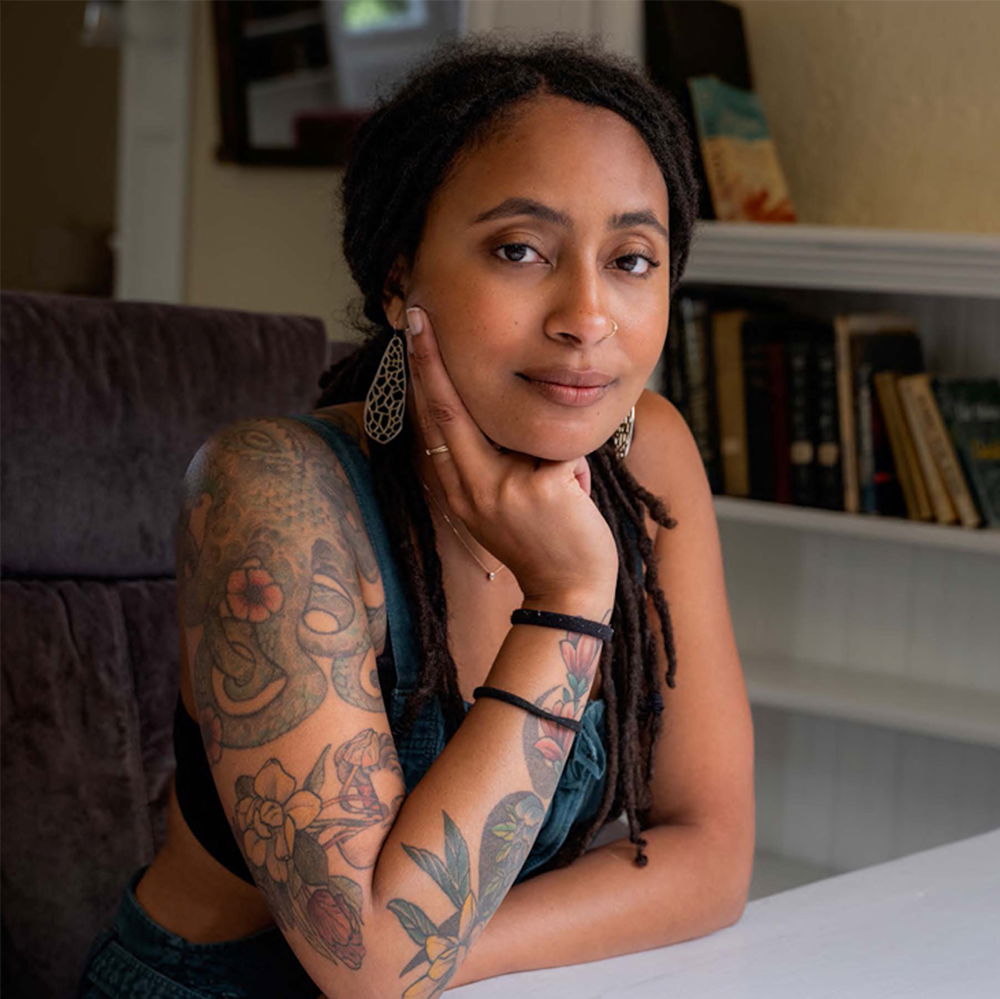"The Loss of Heaven" (Excerpt)
He weighed 210 pounds buck-ass naked; 217 in his leather jacket and boots, which he wore that crisp March evening to the bar along with a gold stud pin in his lapel. It was shaped like a spade, a gift from his wife when they were young, once she’d discovered how much he liked expensive-looking things. He wasn’t handsome but his light skin, wavy hair, the polished gleam of his fingernails, and the bills pressed tightly in his wallet almost made him so. As he entered the Albatross he stopped just in the doorway, imagining his body filing the width from frame to frame, giving the occupants time to look and wonder who he was. The jukebox played the Temptations and threw colored light onto his face, and a couple of women at a nearby table glanced up from their pastel martinis, one sucking the cherry from her drink. Satisfied, he walked in. Hilda swept a dishtowel along the bar top, looking bored, smiling out from under her bangs at a trio of men at the counter, a pretty laugh spilling from deep within her chest. He chose a stool in the middle, with an unobstructed view of her.
“Hey there, Fred. Jim and Coke?” she asked, the start to their ritual. Her low, drawling voice pulled something tight inside his stomach.
“You know it, kid,” he said. He slid his jacket off and draped it on the back of his chair as she filled a rocks glass with three large cubes of ice, so dense they could sit in a drink a while before melting. In the few months since he’d met her, Fred often imagined tracing one down the contours of Hilda’s spine, recording an exact ratio of body heat and melting points.
“No lime,” Hilda sang, placing his drink in front of him on a square of white napkin she’d sprinkled with salt. “Start a tab?”
“I’ll pay as I go,” Fred told her, as he always did, and placed a five on the bar. Hilda disappeared the bill into her apron in one discreet, fluid motion. She never brought him change.
The Albatross hosted a quiet crowd on Tuesday evenings, a mix of suits, day laborers, and truckers with three-day scruff. The bar’s aesthetic lingered somewhere between a dive and a lounge, sporting wood details and burgundy upholstery along with burger specials and streetwise games of pool on red felt in the back. Older gentlemen sat a tables in dim corners sipping rye whiskey, talking with other men about matters only other men would understand; some kept their hands high on the thighs of women who were not their wives⎯girls, really⎯who did not yet keep house and so still had inexact ideas about how the world worked and all of the ways in which they could be disappointed. The girls possessed a malleability, a willingness to be impressed, their cheeks, soft and new, flushing at even the most trivial compliments. These were sweet, bygone qualities the men wished to bottle and harbor for themselves.
Fred took a swig from his drink and watched the young bartender over the rim of his glass. He liked the healthy way her hips moved under her black uniform skirt; the deep brown of her skin; the way she talked to other men, her oiled hair sweeping forward as she leaned over the bar to take their orders, a grin under every word. He liked that she knew what a two-dollar-a-drink tip was worth, and that his glass was never empty. Hilda smiled every time she made him a new one, as if they shared a secret⎯as if she knew him⎯and sometimes her fingers would linger over his, creating heft and heat.
“Still good, Fred?” she’d ask from time to time, letting him watch her. Making sure he never lost sight of his importance. He was good. Fred lifted his glass to her, the bite of bourbon still glowing in his throat. “To beautiful friendships,” he said, and when Hilda laughed, even that seemed just for him.
